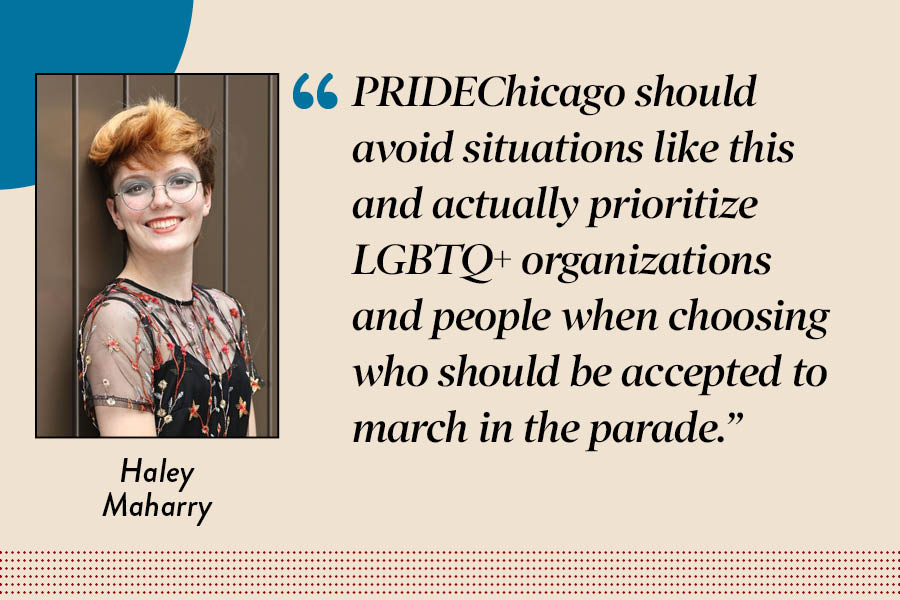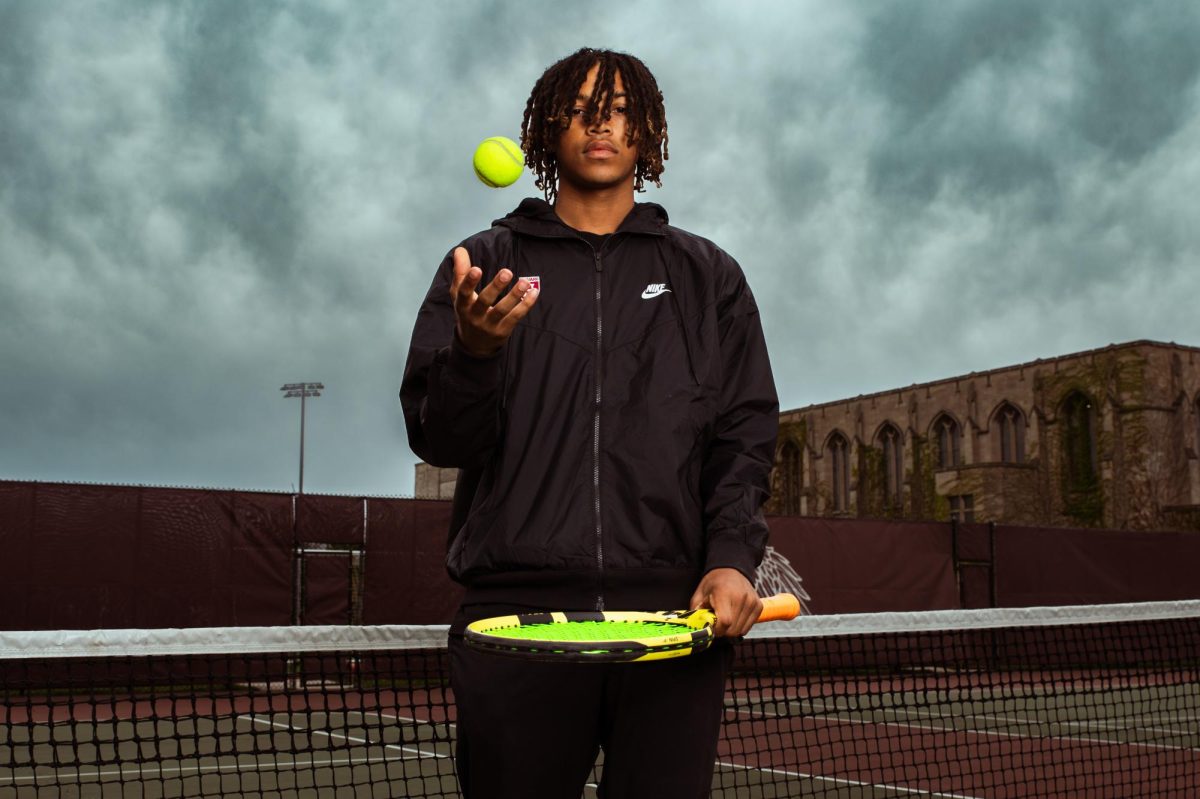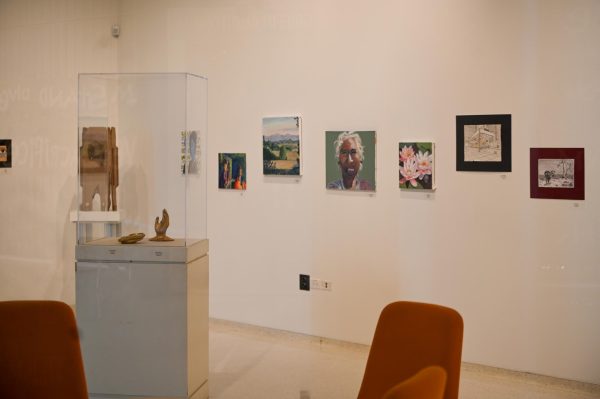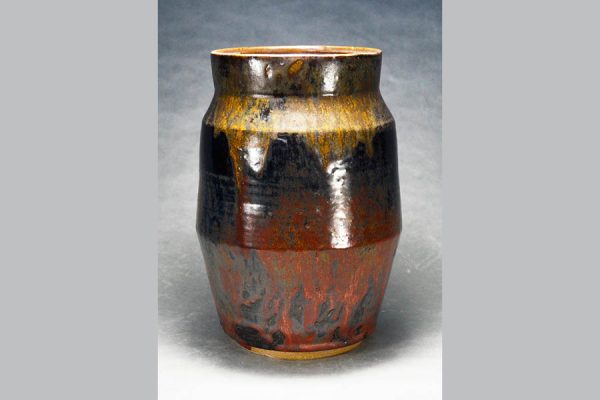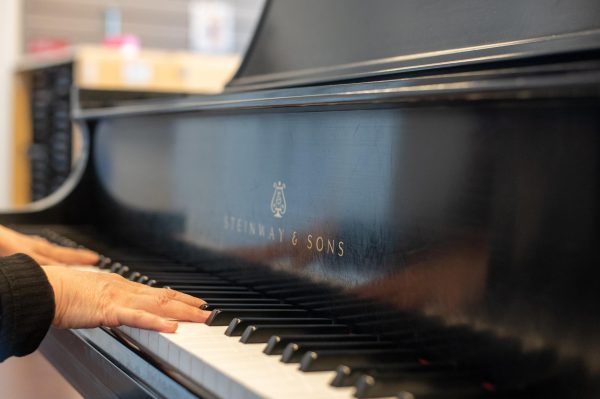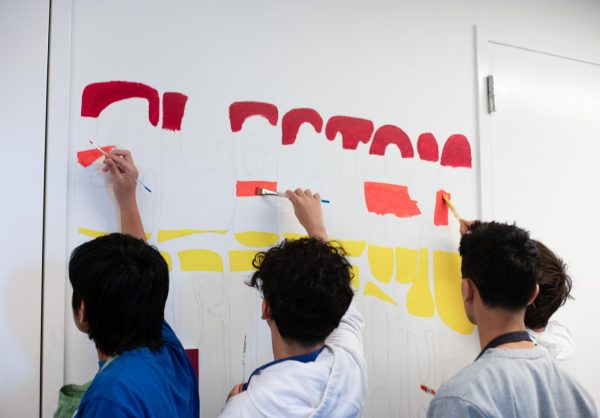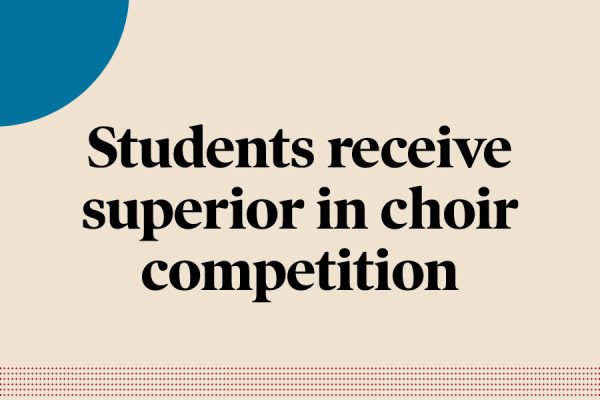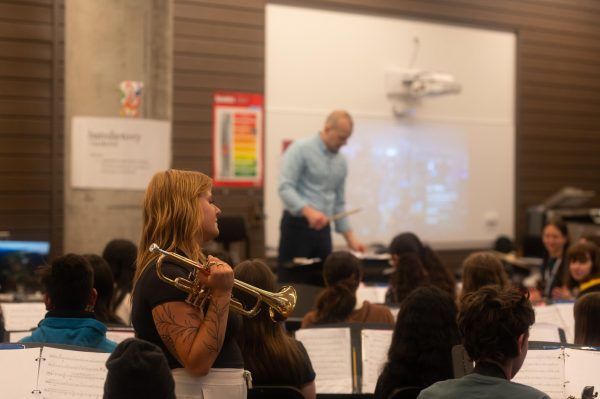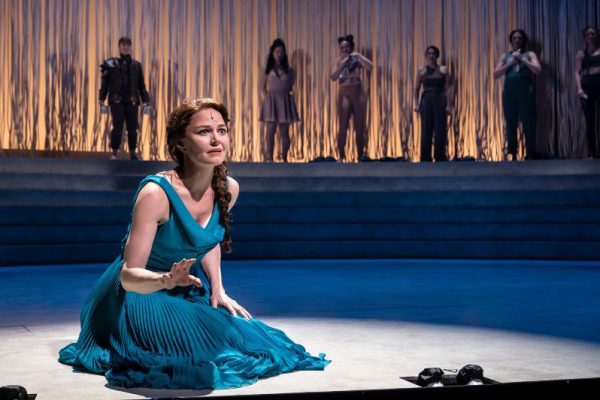Reggaeton music unifies singing, history, culture
April 13, 2022
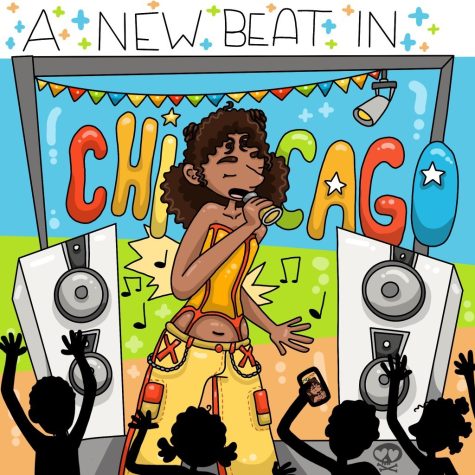
It’s dynamic. It’s inventive. It’s enormous fun for newcomers and veteran listeners alike. Reggaeton, a Panama-borne musical genre stemming from dancehall, American hip-hop, and various Latin-American and Caribbean styles that combine singing and Spanish-language rap, is making its way through the Anglophone world.
Touting “the biggest Latin lineup to hit Chicago,” the Sueños Music Festival is drumming up a weekend of rhythm and rhyme.
Between May 28-29, Grant Park will host 21 different Reggaeton acts, including Wisin y Yandel, Ozuna, Farruko, and J Balvin, referred to as the “Prince of Reggaeton.”
While J Balvin has sold 35 million records worldwide, his music hasn’t quite taken hold among Lab students. Isabella Alvrez, a ninth grader, said she wished more people at Lab knew what reggaeton was all about.
“Unfortunately, there’s not many Latinos at Lab,” Isabella said. “I know it’s popular overall, but it doesn’t feel like it, because there’s so few people at Lab who have that same interest.”
The syncopated beats and clever turns-of-phrase we hear today, she said, are a few decades in the making. Reggaeteon took hold throughout Central America’s youthful underground in the ’90s — angering Puerto Rican censors and law enforcement — and has since trickled upward into mass culture, topping the charts with singles such as “Despacito” in 2017. The actual genre, however, remains somewhat niche.
“I love talking to the people who do listen to it, because I can connect with them on a deeper level,” Isabella said.
For her, reggaeton — in all its depth and variation, conveys a snapshot of the human experience. If listeners feel like dancing to it, they can dance, and if not, they can simply listen.
“It’s very upbeat, and it’s very danceable. If I were to imagine it in some way, it’d probably be played at a Latin club,” she said. “It can range from party music, to just lay-in-your-bed, imagine-a-different-reality type stuff.”
One of Isabella’s favorite tracks, Bad Bunny’s “La Canción, features J Balvin on alternating verses. She said despite the language barrier, it tells a story to which many can relate.
“It’s about a breakup,” she said. “You know how some relationships, like, have a song? It’s about how he’s at a club, and when they played that song, he remembered her.”
She praised two other headliners, El Alfa and Farruko, for their artistic and performance-based ferocity.
“They give like, ‘Pitbull energy,’” she said, referring to the Miami-based singer and businessman. “Very strong beats like that, definitely dancing music.”
While she hasn’t quite made converts out of any of her peers, this hasn’t stopped her from raving about it, bringing her fandom to their attention
“I’ve definitely made people aware of it, like my friends. They don’t really listen to it, but they didn’t really know about it before I started talking about it,” she said. “A lot of them just don’t speak Spanish.”
For nascent fans, Isabella recommends Latino Mix 93.5, a Latin American radio station, along with a few veteran favorites.
“It plays all of the main hits right now. It’s always good to start out with the main hits, but if they really wanted to get into old-ish reggaeton, I’d recommend young Daddy Yankee,” Isabella said. “I would say he’s the one who really started, I don’t know, this generation of reggaeton.”
As for the Sueños Chicago festival itself, Isabella is too young to attend. Nonetheless, she hopes to one day see her faves in concert, provided none of them have fallen off.
“It’s like, 18 plus, and I’m not 18. I really hope they keep it going until I’m old enough to attend, and that the artists are still good.”






